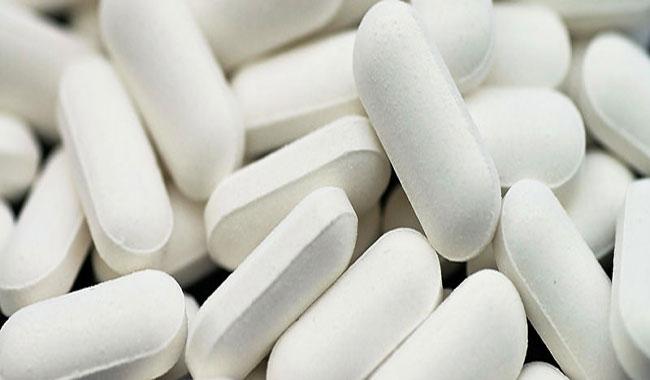Giuliani: Kim Jong-un 'begged' for summit to take place
Donald Trump's lawyer Rudy Giuliani has said North Korea's leader "begged" for their summit to be rescheduled after the US president cancelled it. Speaking at a conference in Israel, Mr Giuliani said Mr Trump's tough stance had forced Pyongyang's hand. Mr Trump called off the summit in May, accusing North Korea of "tremendous anger and open hostility". But plans for the 12 June bilateral in Singapore were revived after a conciliatory response from Pyongyang. Mr Giuliani was speaking at an investment conference in Israel when he made the remark. The Wall Street Journal first reported that Mr Giuliani said: "Well, Kim Jong-un got back on his hands and knees and begged for it, which is exactly the position you want to put him in." Trump-Kim to meet on Sentosa island What not to say to North Korea Dennis Rodman: The Trump-Kim matchmaker? How Kim the outcast became popular Mr Giuliani is an attorney for the president tackling the Russia collusio...

Comments
Post a Comment